Fiji’s recovery from Severe Tropical Cyclone Winston is a great story of what partnerships can achieve: partnerships between government, local church and people from all over the world, including Australian Uniting Church members who provided over $500,000 toward recovery efforts.
Six months on, we look back.
When Severe Tropical Cyclone Winston hit Fiji on 20 February, 2016 it was one of the strongest category-five cyclones ever recorded in the Southern Hemisphere. Winds over 300 km per hour flattened villages and cut a path of destruction across the country, taking the lives of 42 people and displacing more than 62,000. At the height of the disaster, there were more than 120,000 Fijians in need of urgent humanitarian assistance, and more than 540,000 were affected by its impacts.
At least 28,000 houses were damaged or destroyed, and in the hardest-hit towns, up to 90 per cent of structures were completely destroyed. In just one night the cyclone caused over a billion dollars in damage (approx. half a billion USD).
Fiji was well prepared, with vital disaster management measures in place before the storm. Early warning alerts and disaster mitigation policies saved countless lives. People were able to get to

MCIF volunteers packing relief supplies in Suva
evacuation shelters well in advance – most of them in schools, churches and community halls. In cooperation with church networks, government services communicated effectively to get the word out about where and when people should move.
After a state of emergency was declared, relief began to be distributed and countries around the world pledged their assistance, including Australia. Our partner, the Methodist Church in Fiji (MCIF) immediately organized a fundraising drive within the country, asking for donations and goods from people in unaffected areas. People generously helped their neighbors, sending in food, clothes, blankets, cooking utensils, kerosene stoves and lamps, solar lights, and other essential living items.
 The MCIF then organized hundreds of volunteers and Methodist youth to help sort and distribute goods in the days following the emergency, ensuring the relief supplies were quickly transferred to where they were needed most.
The MCIF then organized hundreds of volunteers and Methodist youth to help sort and distribute goods in the days following the emergency, ensuring the relief supplies were quickly transferred to where they were needed most.
After setting up an office to coordinate disaster relief and responses, the MCIF used their existing church networks to assist the Fijian government in assessing and mapping the extent of damage across Fiji. Building assessment teams were then deployed to identify where to allocate resources for the recovery efforts.
Working closely with the Ministry of Agriculture, the MCIF has been purchasing food crops and helping people re-establish their livelihoods. The Church is also working with civil society organisations on long-term disaster risk reduction strategies.
The work of the MCIF has been helped by the generous donations of people in Australia. In response to an appeal launched by UnitingWorld, Australians raised over $AU 500,000, which is going a long way in the rebuild and recovery efforts. MCIF are committed to a ‘build back better’ approach, ensuring new buildings are more resilient to extreme weather events.
The spirit and perseverance of the Fijian people never faltered, even as Cyclone Zena closely followed Winston, threatening to make relief efforts even harder. Miraculous stories highlighted their courage, like the women of Naveiveiwali village, “heroines” who saved 22 lives.
A social media campaign quickly sprang up in the aftermath of Cyclone Winston. The hashtag ‘#StrongerThanWinston’ started to feature in all that related to the disaster recovery, a rallying call for a strong and resilient people not to despair – and a reminder that together they would overcome the odds.
Six months on, this strength and character were on show at the Rio Olympic Games, with their Rugby Sevens squad routing every team they faced to win Fiji’s first Olympic gold medal! When the final whistle blew, the Fijians boldly sang a hymn together in the middle of the field with characteristic Polynesian harmonies.
There are still many challenges facing the people of Fiji as they work to rebuild. Thousands lost their homes and their sources of income. Many are struggling to access food and essential infrastructure after it was wiped out, and is yet to be rebuilt or repaired. Remote communities have been especially slow to recover, with fewer supply runs reaching them. It is unclear how long it will take for Fiji to fully recover, but they they are well underway.
We are grateful to God for His love in helping us in rebuilding the lives of the victims across Fiji. It is anticipated that it will take 4 to 5 years to recover from this situation and I appeal to you today that we need to stand together and work together – Rev. Dr. Epineri Vakadewavosa, General Secretary, Methodist Church in Fiji.
Thank you for helping the Fijian people get back on their feet by supporting the great work of our partner, the Methodist Church of Fiji. As the partnerships agency of the Uniting Church in Australia, we’re heartened to tell you this story of people working across all sectors to build back better.
Please continue to pray for Fiji and the work of MCIF. You can continue to support their work by donating here.
Cover photo by Fiji Government
Other photos by MCIF

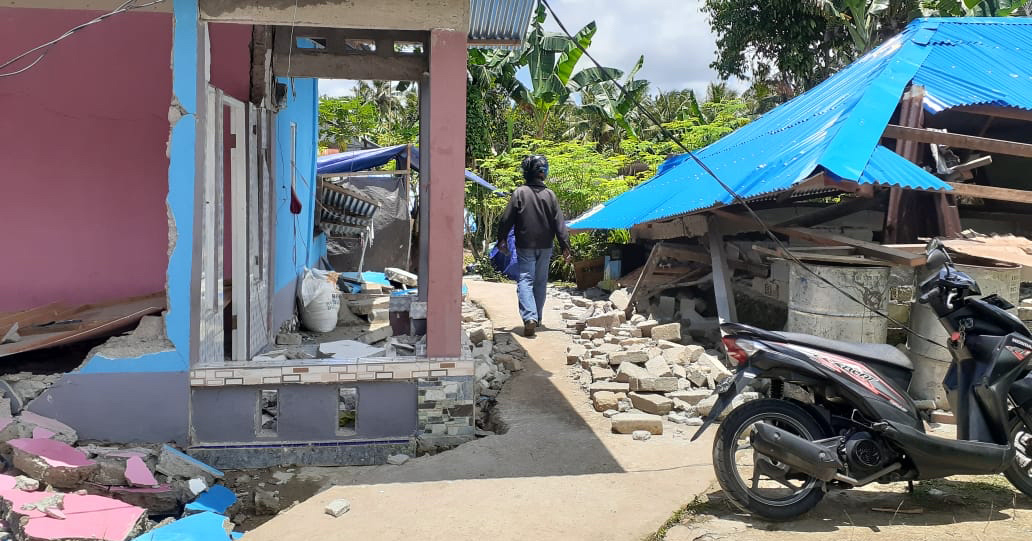
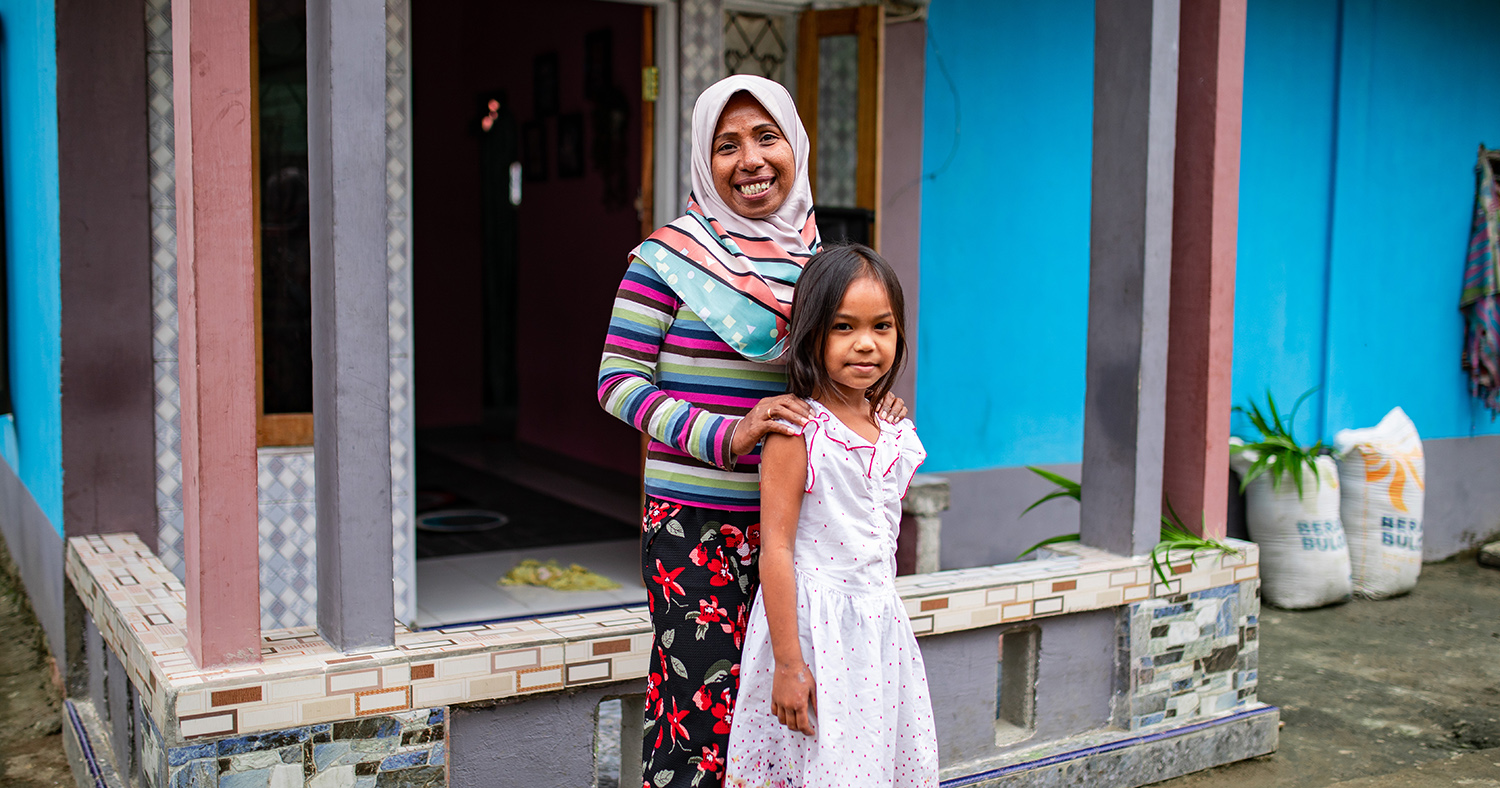
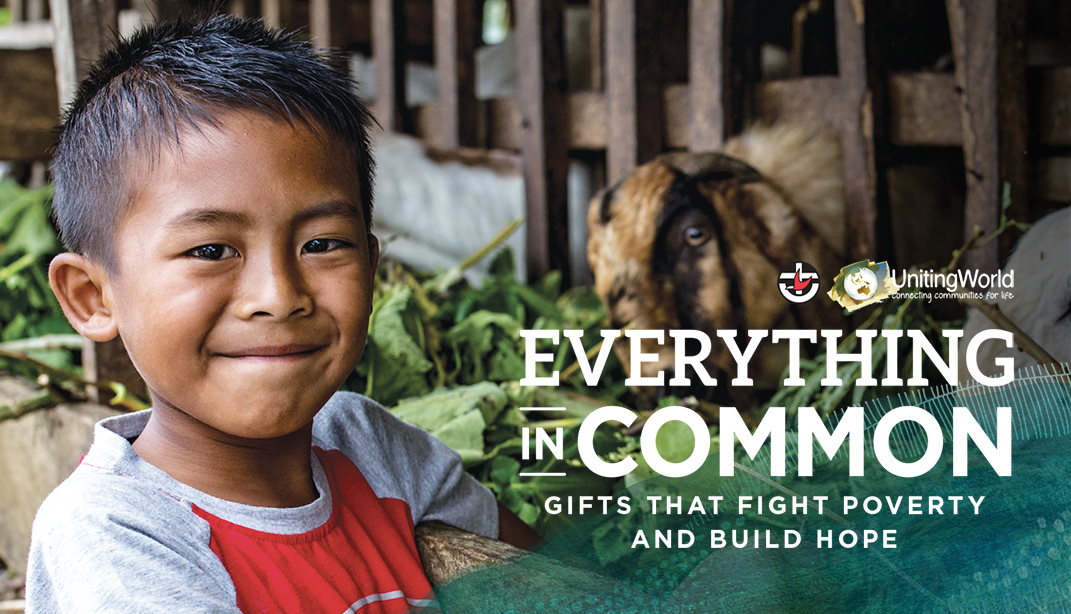
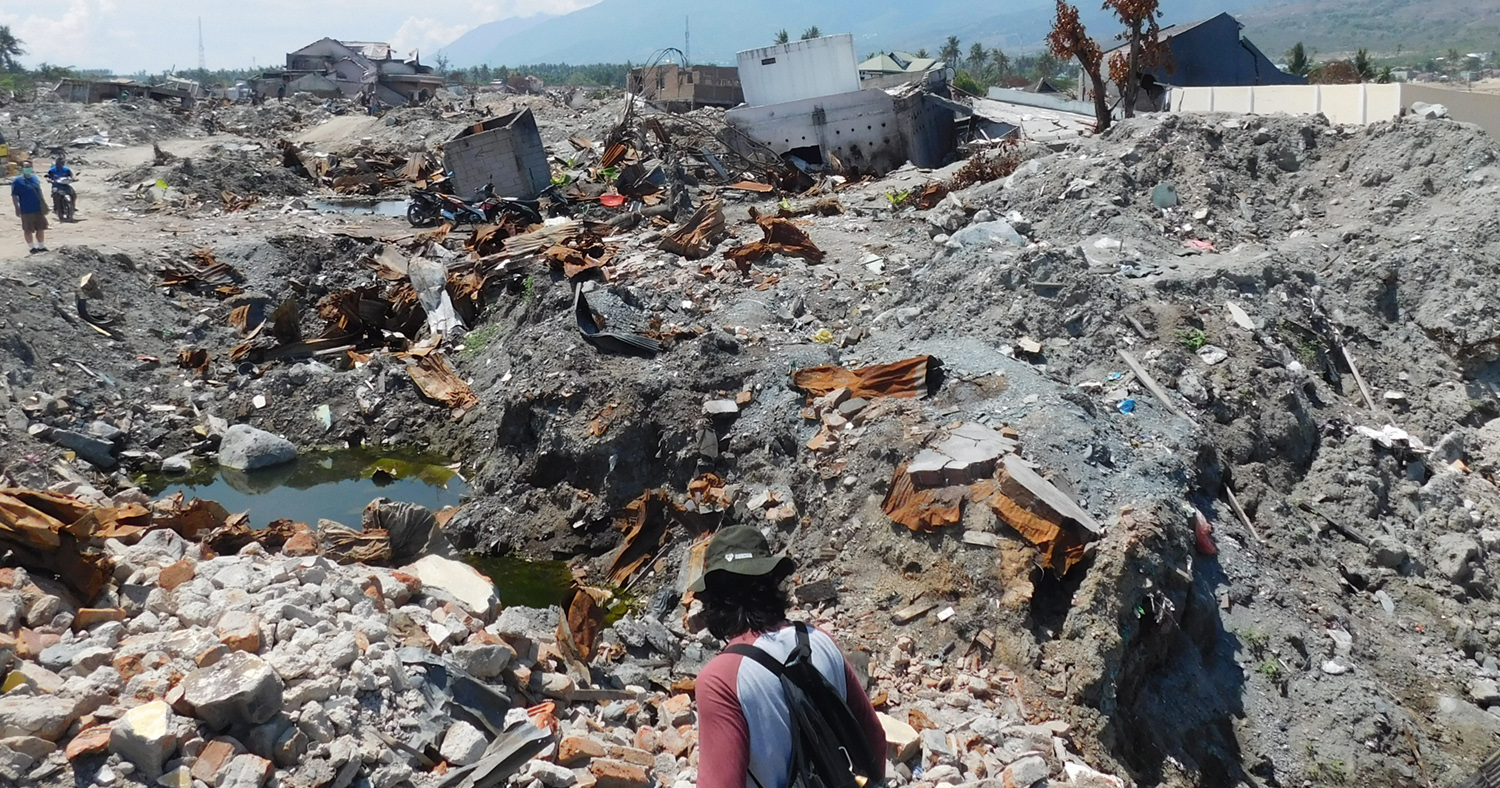
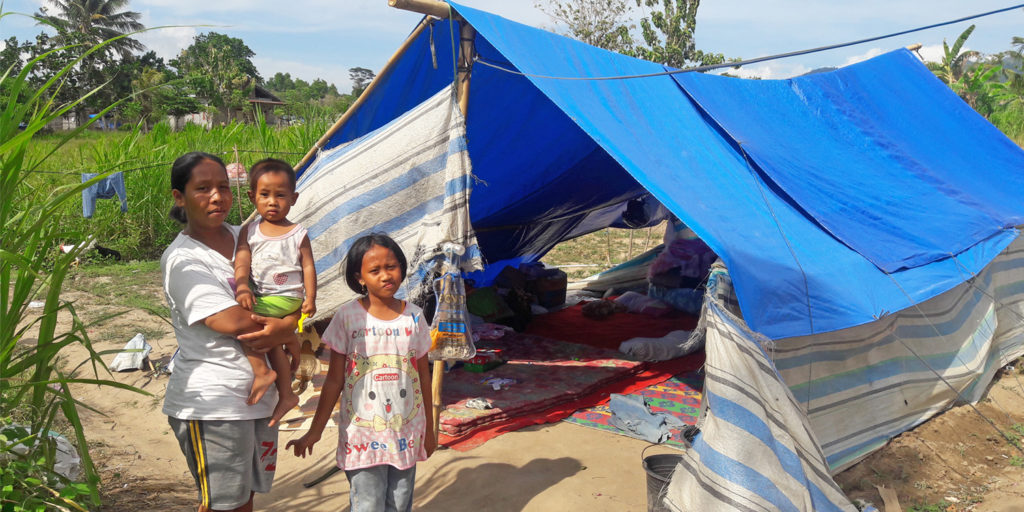
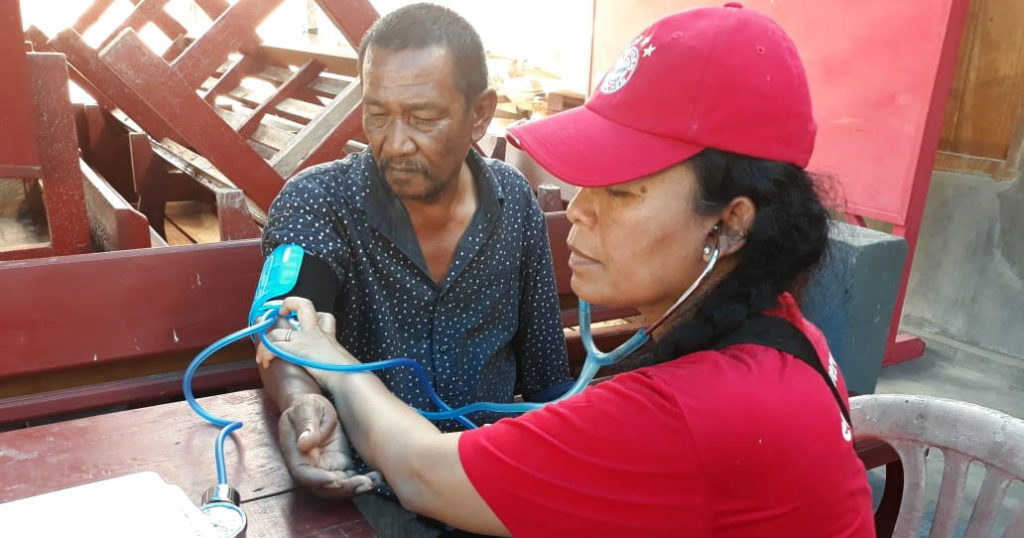
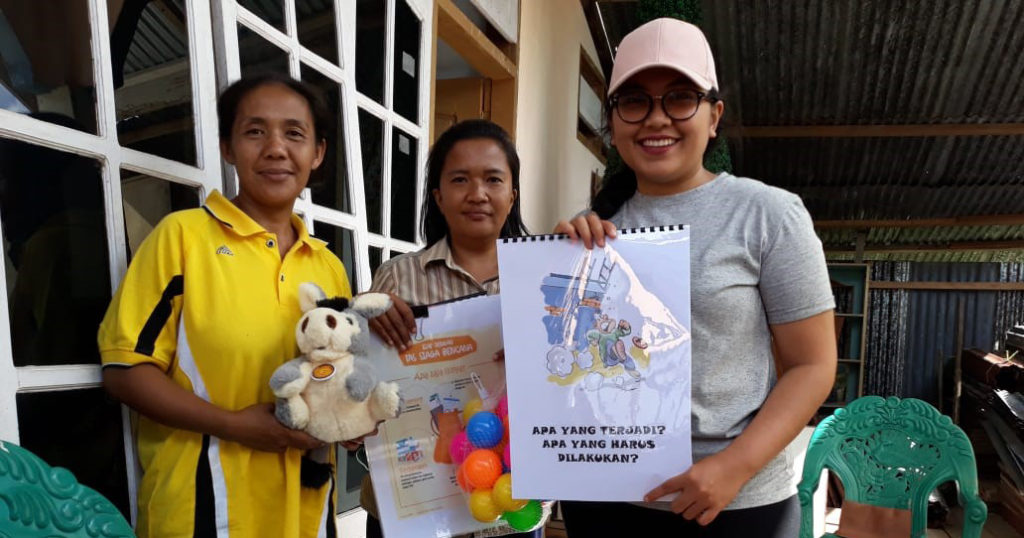
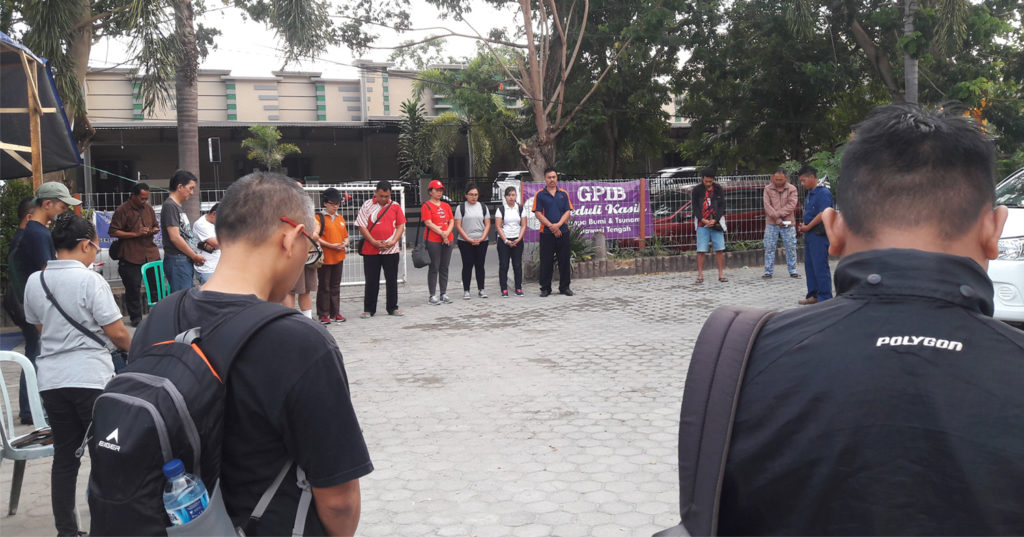
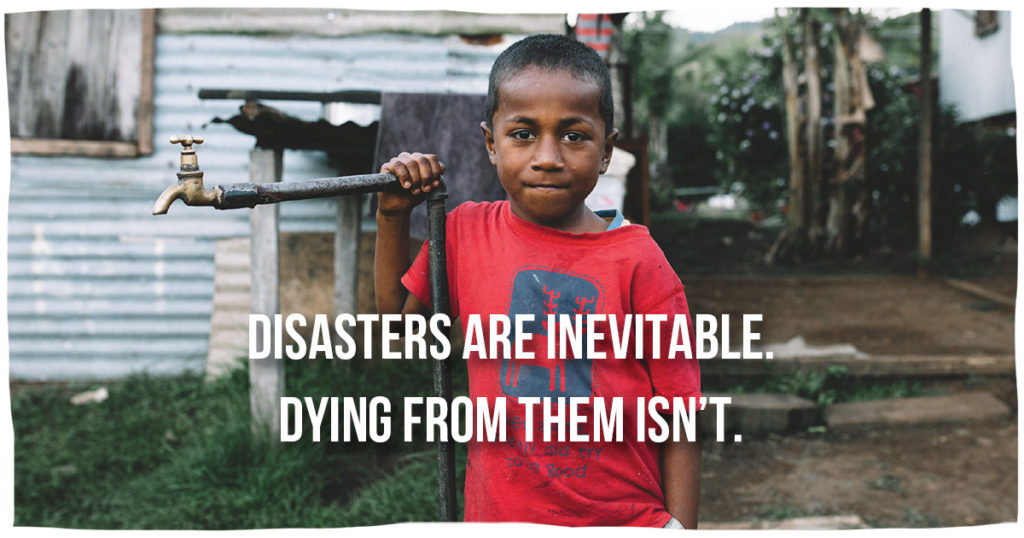


 The MCIF then organized hundreds of volunteers and Methodist youth to help sort and distribute goods in the days following the emergency, ensuring the relief supplies were quickly transferred to where they were needed most.
The MCIF then organized hundreds of volunteers and Methodist youth to help sort and distribute goods in the days following the emergency, ensuring the relief supplies were quickly transferred to where they were needed most.